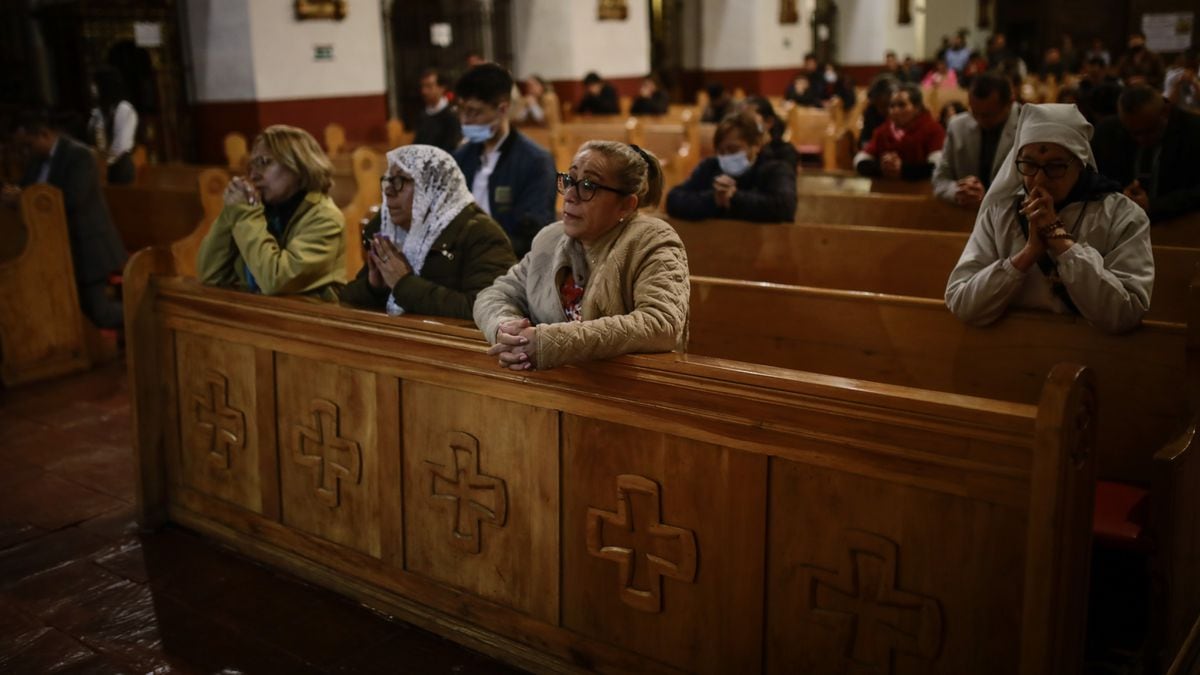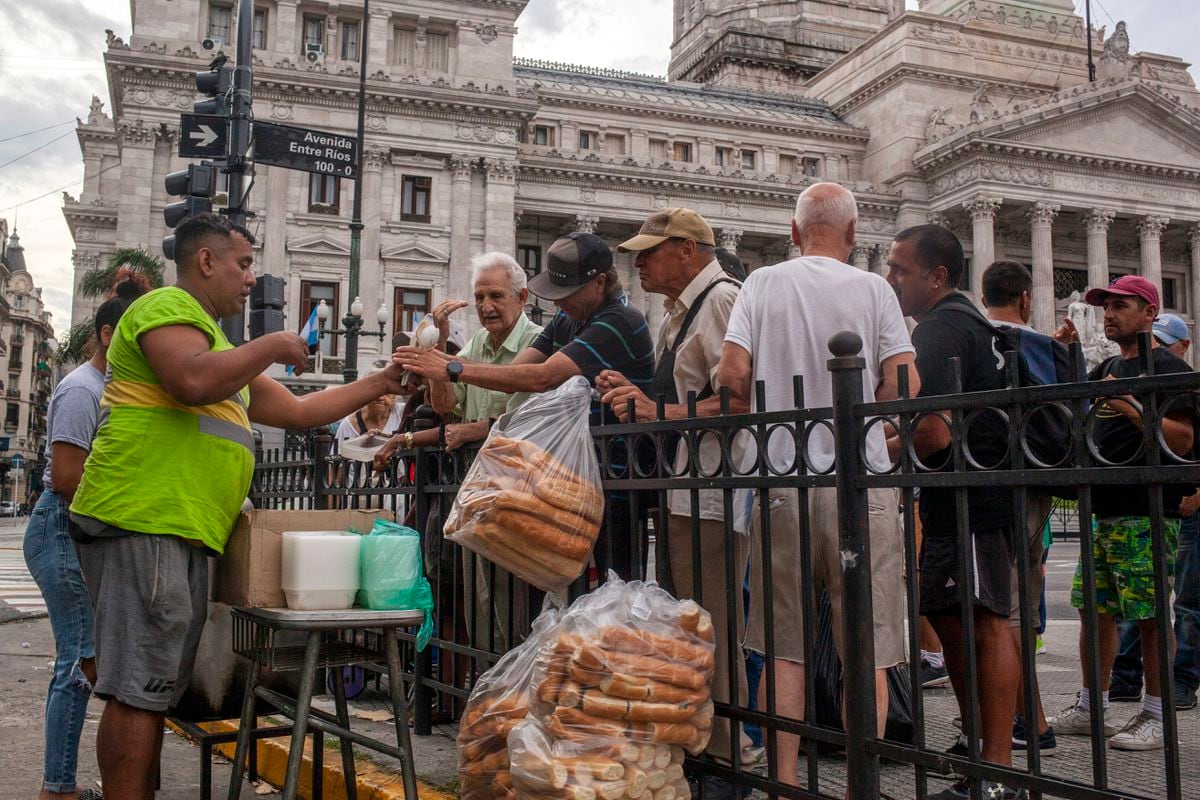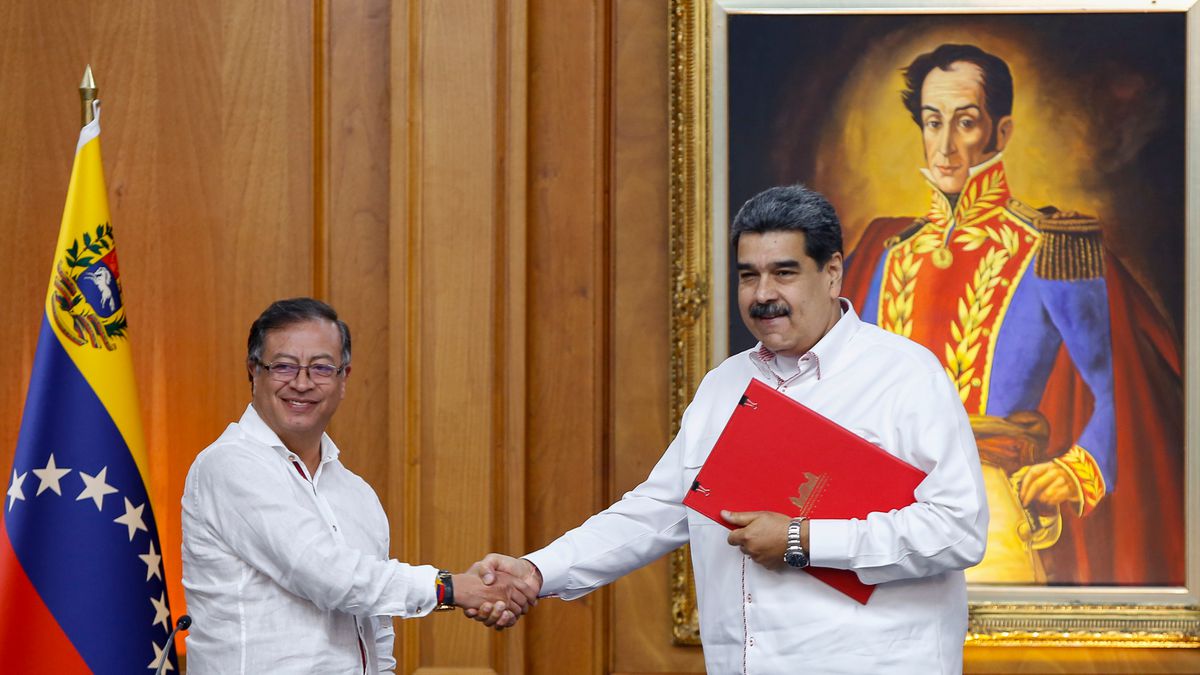In recent global research conducted by the Ipsos Institute in 26 countries, Brazil and Colombia are among those who believe in God the most, with 89% and 86% respectively. In the tail, among the least believers, is Japan with 19%.
When asked if faith in God helps them in any way in times of crisis, Brazil and Colombia also appear in the front row with 90% and 89%. Almost the total population.
With regard to concrete belief in heaven, Brazil and Colombia also take the cake with 79 and 78%. On the contrary, among those who believe in hell is Spain with a miserable 22%. Spaniards prefer to bet in the sky.
The curious thing is that the survey shows that believers in general, especially Christians, whether Catholics or Protestants or Evangelicals, appear today more conservative than the Vatican itself.
Since the Second Vatican Council, which revolutionized Catholic theology, popes from John Paul II to the present have carried out a real revolution on the subject of what can happen in the afterlife, revising the ancient concepts of hell, heaven, purgatory and limbo.
If until then these states after death appeared as physical places where one enjoyed or suffered, the last popes have carried out a real revolution. According to them, even the conservative German pope, Benedict XVI, the so-called new ones are not physical places but spiritual states.
Thus ended hell with the boiling oil boilers of hell as so plastically described by Dante Alighieri in his famous The Divine Comedy. And even disappeared forever the dreaded limbo of the children where the little ones who died before being baptized and, therefore, even with the weight of original sin went.
The decision to eliminate limbo forever was taken, curiously, by conservative Polish Pope John Paul II. And this has a story that he himself entrusted to us journalists one day. Saying that he had managed to gather his entire family in one grave: "Except my sister who was stillborn." We learned that Pope Wojtyla had had a sister who had never been spoken of. He said she was stillborn. Her parents, who were fervent Catholics who could not baptize her, did not even bury her. They threw it in the trash. It was something that Wojtyla, when he became Pope, could not stand and at a stroke decided that limbo did not exist. His stillborn sister had to be in heaven.
It may seem like a simple anecdote, but it is something more. Before the Polish pope decided that limbo did not exist, millions of Christian families around the world suffered with their dead children before being baptized as they could not be in heaven. And they were not comforted by the doctrine that there they would not enjoy the presence of God but neither would they suffer.
The most incredulous even then came to make graces with limbo. I remember an aunt of mine from Baza, from Granada, very funny who, anticipating the decision of Pope John Paul II to eliminate limbo, was already having fun with him. When the subject came up, he said with his usual joke to those who asked him what limbo was. He used to say, "Jozú, it's a ni fu ni fa. I want to and I can't. Come on, we don't know what that strange place is where the poor children neither have fun nor suffer."
The modern popes understood this and ended up convincing themselves that the afterlife, of which we know nothing, cannot be thought of as an extension, even physical, with places of happiness or torture.
The truth is that, as regards above all hell, with the boilers of boiling fire, in which Spain appears in the polls as the most incredulous, the jokers, even believers, always ironized. I remember a joke that ran when I was young. They were two close friends. One of them died. When the other also left this world, the first thing he did was to go visit his old friend whom he regarded as a saint. It had only one flaw: it could not stand cold or drafts.
As soon as he reached the afterlife, he went to heaven to have news of his friend who had been goodness personified. His astonishment was that he wasn't there. But it had been so good. Resigned, he went to see himself in purgatory. Perhaps your friend had had some hidden sin, some venial sin and was still purifying. But not even in purgatory did he appear. Would he have been condemned to eternal fire, he so holy, though so cold? Resigned, he knocked on the door of hell. When they opened it, he heard a voice shouting from inside: "Please close that door that is very cold!" It was his friend that even hell was not warm enough.
Jokes, irony, criticism, sometimes contain an old wisdom. Today even the popes begin to understand that certain precepts of the Church are unsustainable in a world that has been secularized, that has discovered even Artificial Intelligence, that has left far behind the dark Middle Ages, and that no longer communes, as they used to say, with millstones.
What may still stand, as it appears in that latest world survey on the faith of peoples, is that the demand of Homo sapiens to believe in something capable of deciphering the mystery of the beyond is still alive.
Radical atheism, however modern it may appear, remains an enigma in a contradictory world in which, along with the most rabid modernity, it continues to need to believe in something that alleviates our finitude and our thirst for eternity.
Subscribe here to the newsletter of EL PAÍS about Colombia and receive all the informative keys of the current situation of the country.
75% discount
Subscribe to continue reading
Read without limits
Read more
I'm already a subscriber


/cloudfront-eu-central-1.images.arcpublishing.com/prisa/NZ3KWMFSD5GELFE3GLHUROE4FE.jpg)

/cloudfront-eu-central-1.images.arcpublishing.com/prisa/RSVSTQFDNZHWVNNUYWZ2MAMOUE.JPG)




